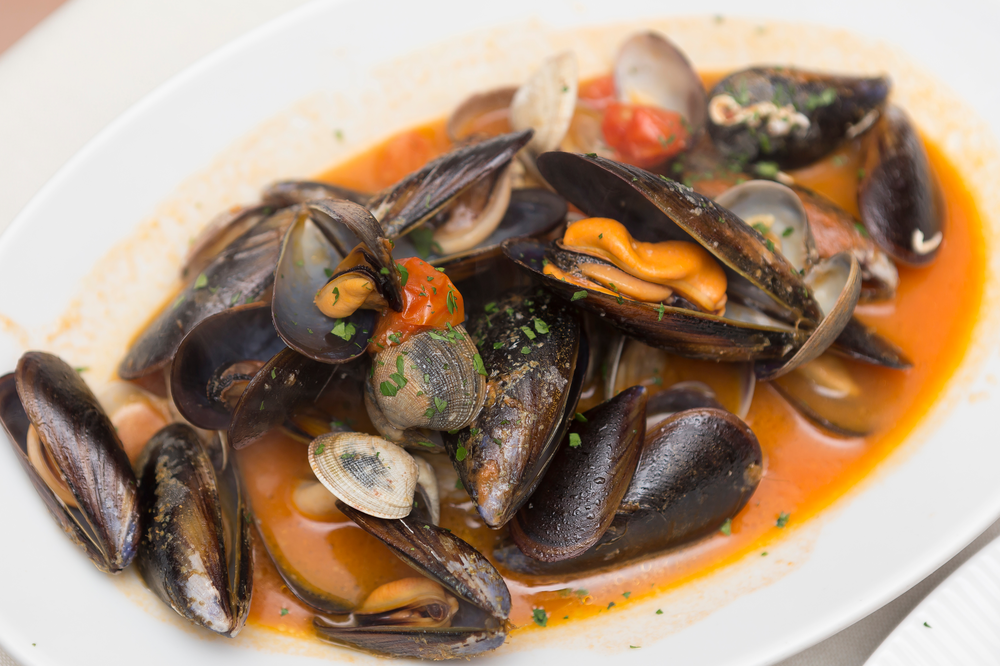
Foods to Avoid With Breathing Issues
Medication & Treatment Options
Airway obstruction is the leading cause of many respiratory diseases. The most common breathing issues and conditions affecting Americans today include nasal polyps, chronic obstructive pulmonary disease (or COPD), NTM lung disease, MAC lung infection, respiratory syncytial virus (RSV) infection, asthma, chronic bronchitis, nontuberculous mycobacterial (or NTM), pneumonia, and allergies. In addition to environmental triggers, medications like Robitussin, Theraflu, Stiolto, Flonase, and Afrin can help improve breathing. Also, certain foods could also trigger an asthma attack, allergic reaction, or breathing issues. Patients with existing breathing issues should avoid the following foods:
1. Gluten
Wheat and other gluten-containing cereals, breads, and baked goods are common triggers of respiratory problems. Gluten is an elastic protein found in wheat and cereal grains like barley, rye, and oats. It is linked to inflammation of the throat and can produce antibodies that cause inflammation and swelling of the airways, leading to asthma attacks and difficulty breathing. You can substitute gluten with gluten-free starches such as rice, millet, and quinoa. A gluten-free diet should be followed if you suffer from celiac disease with guidance from your healthcare professional.
2. Shellfish
Shellfish is a common allergen and could cause respiratory problems in people with existing breathing issues. Shellfish (i.e., shrimp, mussels, and crab, etc.) contains high levels of histamine, which is a neurotransmitter that irritates the muscles of the respiratory system. When you eat shell-fish, histamine is released and could cause breathing issues like asthma attacks, chest congestion, and difficulty breathing.
3. Peanuts and tree nuts
Peanuts and tree nuts are another common allergen that could cause respiratory problems. These foods contain proteins that could trigger an immune reaction in the body, leading to hives, swelling of the airways, cough, and wheezing. Tree nuts include almonds, walnuts, cashews, pistachios, and hazelnuts. If you suffer from a peanut or tree nut allergy, avoid them altogether.
4. Eggs
Doctors often recommend patients with respiratory issues not eat eggs because they might make symptoms worse. The proteins in an egg often elicit an immune reaction in patients, leading to further breathing issues. When you consume an egg, they are digested and broken into small pieces. These small particles may stimulate the immune system and trigger an allergic reaction in some people. An egg could also provoke asthma attacks and make the condition worse. You can substitute the egg with other foods containing high-quality protein, such as fish, lean meat, and legumes.
5. Cow’s milk
Cows’ milk can cause breathing problems if you suffer from a casein (cow milk protein) allergy or sensitivity. Eating milk in general may also trigger excess mucus production in the throat and nasal passages, leading to an asthma attack or other respiratory problems. The high casein content in butter, ice cream, sour cream, whipped cream and more could also cause problems for people with breathing issues. Casein is a type of protein in animal sourced milk that often stimulates an immune reaction, and symptoms of increased mucus production, inflammation, and swelling of the bronchial tubes. Luckily, you can easily substitute cow’s milk with almond milk, soy milk, or rice milk.
Eating the right foods could help improve breathing and reduce respiratory problems. If you suffer from COPD, asthma or NTM, please follow NTM treatment guidelines when it comes to avoiding certain trigger foods. With the proper diet and treatment, you can manage your respiratory symptoms and improve your quality of life.


